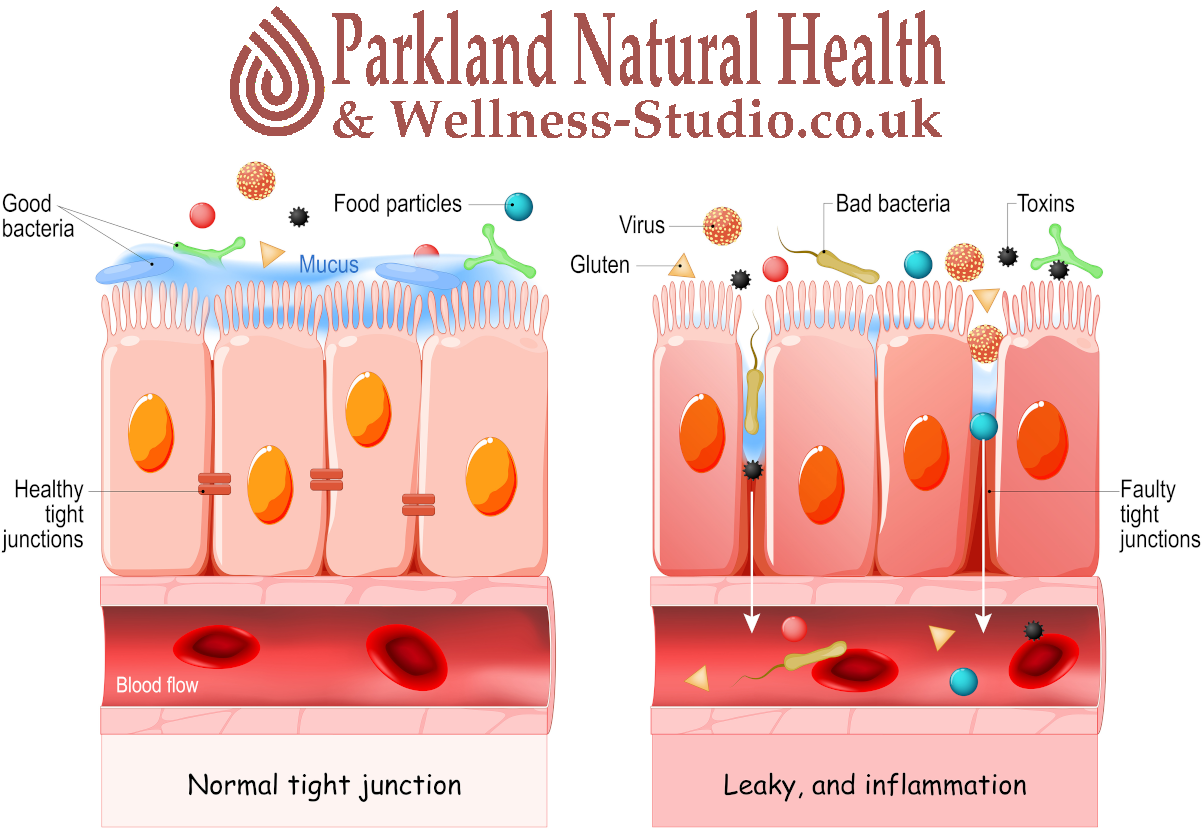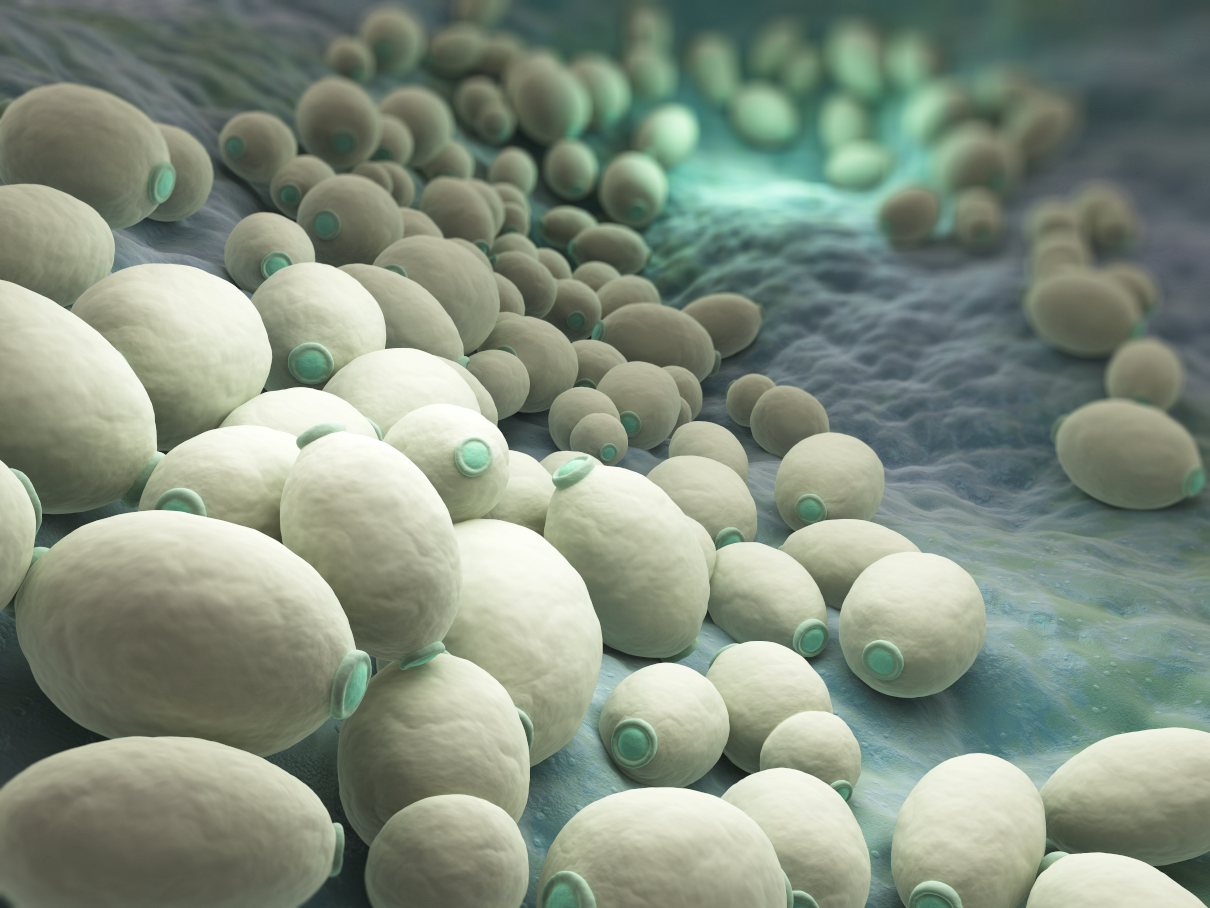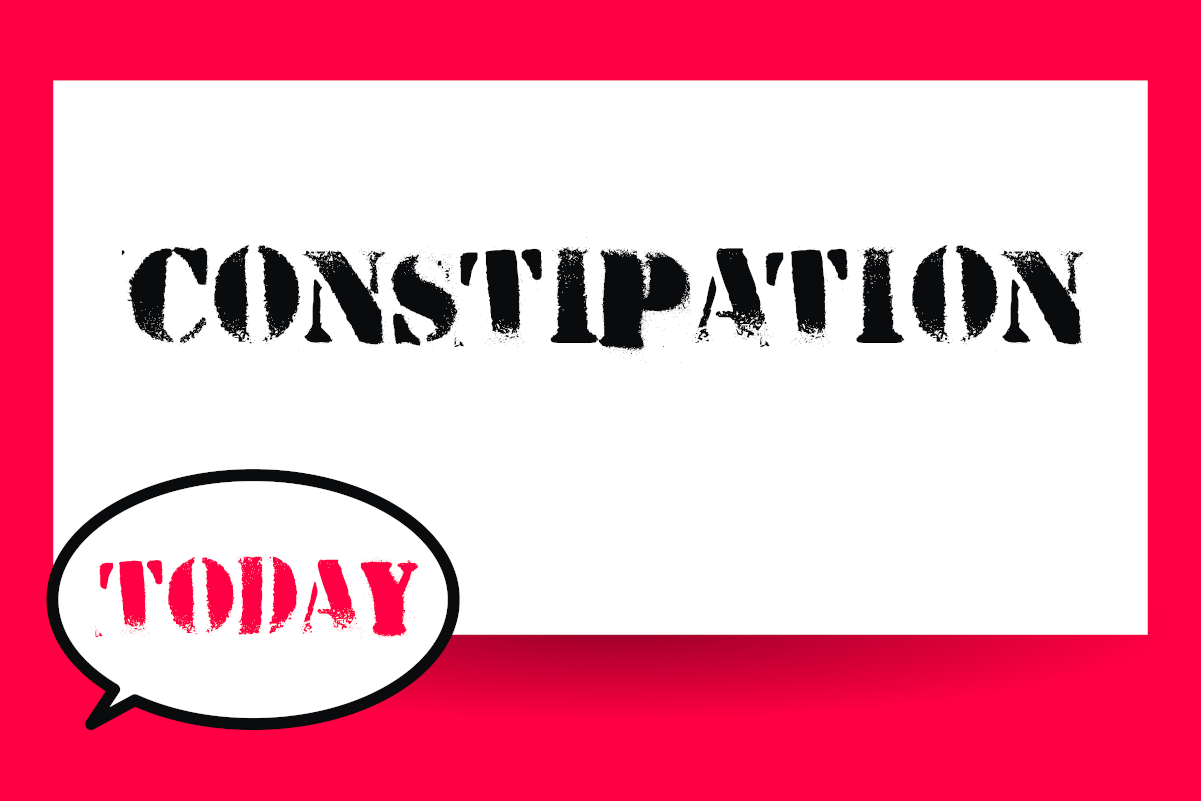
‘Leaky gut’ describes an inflamed and porous gut (much more absorbent than it should be). It is letting abundant food proteins, bacteria, fungi, metals and toxic substances straight into our bloodstream or, in more scientific terms, “an increase in permeability of the intestinal mucosa to macromolecules, antigens and toxins associated with inflammatory, degenerative and mucosal damage”. Once in the bloodstream, our immune system is the last line of defence to deal with these substances and eventually becomes overwhelmed if a leaky gut has not healed.
Another problem that a leaky gut creates is mineral deficiency. The inflammatory processes damage the carrier proteins needed to transport specific minerals. For example, suppose there is a magnesium deficiency. Even if a very high dose of magnesium is available, it will not get into the body if the carrier protein for this mineral is damaged.
Fight or flight situation
Our intestinal lining replaces itself approximately every few days, meaning that every cell composed is digested or sloughed off, and a new one grows to take its place. All this activity means that the gut uses more blood when resting than any other organ, but it is also the first to lose its blood supply when in a ‘fight or flight situation’, which is what stress is. If you have a lot of stress, the gut will always suffer blood deficiency, and the lining will be impaired, exacerbating a leaky gut.
There is no single cause of leaky gut syndrome, but some of the most common causes include:
- Stress: Prolonged stress changes the immune system’s ability to respond quickly and affects our healing ability. Stress also slows down digestion and reduces blood flow to digestive organs.
- Dysbiosis: Dysbiosis in the gut contributes to “leaky gut” syndrome. Candida pushes its way into the lining of the intestinal wall, and parasites irritate it and cause gastrointestinal symptoms.
- Environmental Contaminants: Daily exposure to hundreds of household and environmental chemicals stress our immune defences and the body’s ability to repair.
- Poor Food Choices: Low-fibre diets cause an increase in transit time, allowing toxic by-products of digestion to concentrate and irritate the gut lining. Also, the intake of highly processed foods injures our intestinal lining. Processed foods are low in nutrients and fibre, with high additives, hydrogenated fats and sugar. These foods promote inflammation in the gastrointestinal tract. Even foods we consider valuable can irritate the gut; e.g. milk is highly irritating to people with lactose intolerance.
Symptoms of leaky gut
Leaky gut, which we should suspect in the following conditions:
- Abdominal pain
- Acne
- Alcoholism
- Ankylosing spondylitis
- Joint pain
- Autism
- Chemotherapy
- Hyperactivity
- Coeliac disease
- Diarrhoea
- Eczema
- Environment illness
- Fatigue
- Liver dysfunction
- Pancreatic insufficiency
- Poor exercise tolerance
- Psoriasis
- Shortness of breath
- Skin rashes
- Depression
- Mood swings
- Constipation
- Dermatitis
- Viral, bacterial or yeast infection
- Food intolerance

Anti-candida Mini Detox – three colonics with bicarbonate of soda
The Anti-candida mini detox involves a concentrated series of three colonics infused with bicarbonate of soda, ideally scheduled once weekly. This regimen serves as a potent initiation into a detoxifying cleansing routine, setting the pace for rejuvenation.
A leaky gut can seriously compromise health.
A leaky gut can seriously compromise health, not just severe and chronic allergic illness or acute digestion symptoms. Nutrients may not have found their way into the circulation and cells due to years of malabsorption caused by damage to the gut lining. In effect, nutrient deficiencies occur – not blatant enough to give you beriberi or scurvy – but undoubtedly significant sufficient to affect metabolism and either cause or predispose a person to chronic disease and ill health. A leaky gut will permit bacterial and fungal toxins to enter the circulatory system, making matters worse.
Foods to Avoid:
- Sugar encourages fermentation and the growth of unfriendly bacteria in the bowel. So, we should avoid high-sugar foods such as cakes, sweets, chocolate, biscuits and fizzy drinks.
- Also, avoid alcohol, as this increases fermentation in the gut.
- Any foods to which there is an intolerance will aggravate the problem, the most common being wheat, citrus fruits and cow’s milk.
- Moreover, avoid large, heavy meals that strain the digestive system too much.
- Cut down or avoid low-fibre foods such as pasta, white bread and processed meals.
- Avoid tea, coffee and fizzy drinks, which dehydrate the bowel.
Foods to add:
- Eat more natural live yoghurt containing the friendly bacteria acidophilus/Bifidus.
- Drink at least eight glasses of filtered or bottled water a day.
- Use fresh root ginger in cooking or added to juices, as this helps heal the gut.
- Garlic helps fight infections and encourages the growth of friendly bacteria in the gut.
- Green cabbage is rich in the amino acid L-glutamine, which helps heal a leaky gut. Eat more steamed and raw cabbage and use the cooking liquid to make gravy.

Initial osteopathic treatment and consultation
Find relief and restore balance with osteopathy at Parkland Natural Health. Initial osteopathic treatment with Gilly Arbuckle aims to reduce tension and restrictions, regain balance, and reduce pain or stiffness symptoms. The appointment includes a consultation and lasts forty minutes.
- Beetroot, artichokes, radishes, and celeriac are good liver cleansers that improve digestion. They contain inulin, which helps encourage the growth of Bifidus bacteria within the bowel, reducing the load on the liver in the long term.
- Eat plenty of fresh vegetables and whole grains, such as lentils, brown rice, buckwheat, and quinoa. These are high in fibre and aid constipation, thereby removing toxins from the bowel.
- Pineapple and papaya are rich in enzymes that improve protein digestion, making it less likely that undigested proteins end up in the bowel.
- Also, eat at least five portions of fruit and vegetables daily, which are high in fibre, enzymes, and nutrients.
- Eat good protein sources (preferably organic) daily, such as chicken, oily fish, tofu, nuts and seeds.
In addition to proper diet and exercise
In addition to appropriate diet and exercise, many who suffer from a “leaky gut” have found relief in taking natural, organic supplements. Probiotic supplements, colostrum, glutamine, antioxidants, and digestive enzymes have also effectively treated the leaky gut syndrome. All of these supplements aid in balancing the digestive system and promote healthy flora and immune system support.











